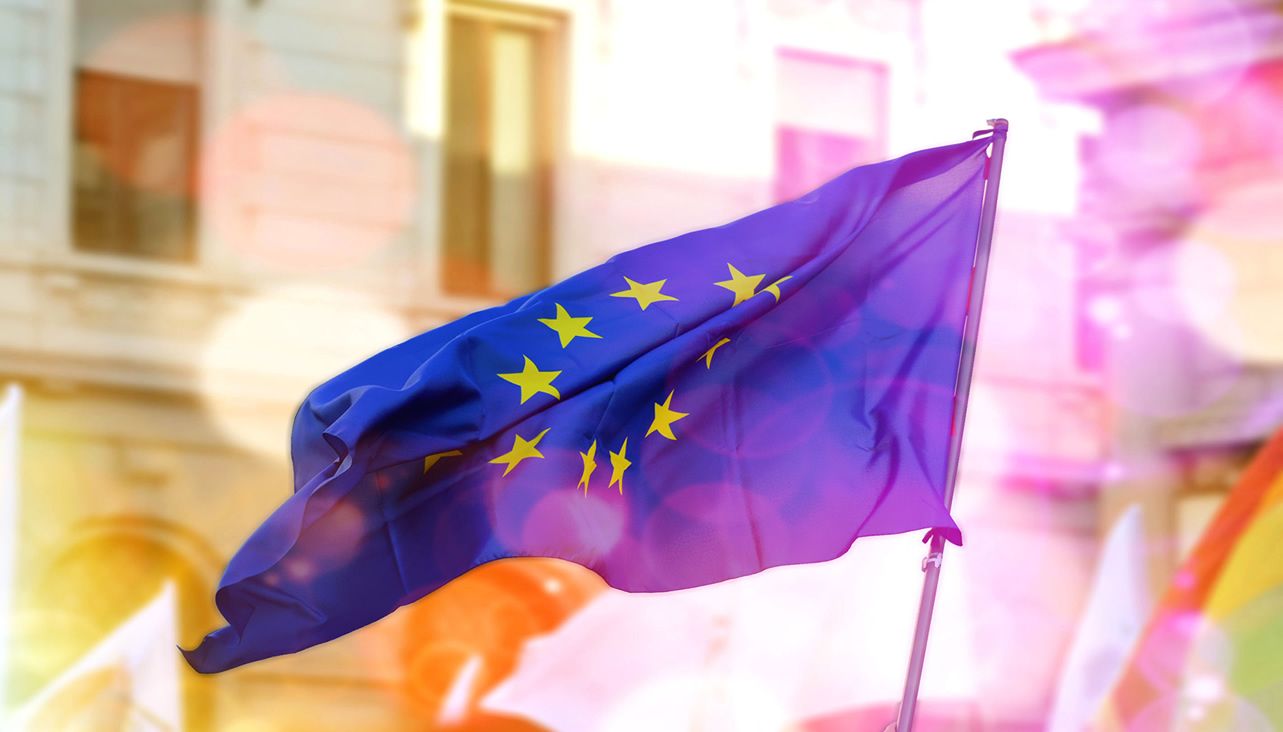Safe-Haven Euro in Demand

Image © Adobe Images
- Euro’s ongoing resilience difficult to explain
- Economy slowing down and ECB at point of easing
- Safe-haven flows, the Euro as a ‘neutral’ and impact of U.S. Dollar boost demand
The Euro has held its value surprisingly well over the last few months steadily climbing against most counterparts, but especially versus the U.S. Dollar and the Pound.
Its resilience comes despite a worsening Eurozone economic backdrop which has seen the manufacturing sector enter contractionary territory and inflation persistently undershoot objectives, and one analyst tells us it is in fact finding support as a safe-haven asset.
“Have a look at what the ECB has done and have a look at what the Euro has done - the two have disconnected,” says Simon Derrick, a currency strategist with BNY Mellon, the Wall Street investment bank. “Look at where the sovereign spreads have gone within Europe: all people are interested in is buying a safe-haven asset and if it has got a positive yield on it, even if it is Italian, they are still buying it.”
Ongoing fears about a slowdown in global growth have apparently led investors to increasingly sell their holdings of equities and replace them with holdings of ‘safer’ bonds, even quite shaky Italian bonds.
This has boosted demand the Euro at the same times as the European Central Bank (ECB) is warning it could boost its monetary easing programme.
The Eurozone's economic slow-down has prompted the ECB at its June meeting to say it is considering further support for the economy in the form of monetary easing, which usually amounts to a boost in the amount of cheap credit available.
The general rule-of-thumb is expansion in monetary easing at a central bank is a negative for the currency it issues as easing involves increasing liquidity and diluting the currency’s unit value.
Although the Euro did fall in the immediate aftermath after the April ECB meeting, when the central bank extended its TLTRO cheap credit scheme, it has since drifted higher again, confirming an ongoing resilience.
Looking at political risks that would typically be expected to weigh on the currency, in Italy the Northern League is threatening an Italian currency, and yet political uncertainty in Europe is having less and less of an FX impact: “this time around in the Italian cycle,” says Derrick, there has been “no impact whatsoever on the Euro.”
The Euro's attractiveness as a safe-haven asset is meanwhile boosted by its low volatility levels and an apparent inertia in the face of exogenous shocks.
“Domestic Europe has had no impact whatsoever, over the course of the last couple of weeks on the Euro’s performance. Hence we are seeing it really start to accelerate away. It is almost ‘the neutral’,” says Derrick.
This is not the first time the Euro has acted in this way says the analyst.
“If you go back to 2001-04, Europe wasn't having a particularly great time but the Euro acted almost as this ‘neutral’ within the currency system. It soared as a result. I suspect that is what is going to happen,” says Derrick, in an interview with Bloomberg News.
Derrick says the performance of the U.S. Dollar is also having an impact on broader Euro demand; the Greenback tends to dominate and govern the EUR/USD pair and therefore has an impact on all Euro pairs, potentially.
“In fairness, I suspect an awful lot of what has happened over the course of the last few years has really been about that Dollar strength, and that’s about to fade,” says the BNY Mellon strategist.
Time to move your money? Get 3-5% more currency than your bank would offer by using the services of foreign exchange specialists at RationalFX. A specialist broker can deliver you an exchange rate closer to the real market rate, thereby saving you substantial quantities of currency. Find out more here.
* Advertisement




